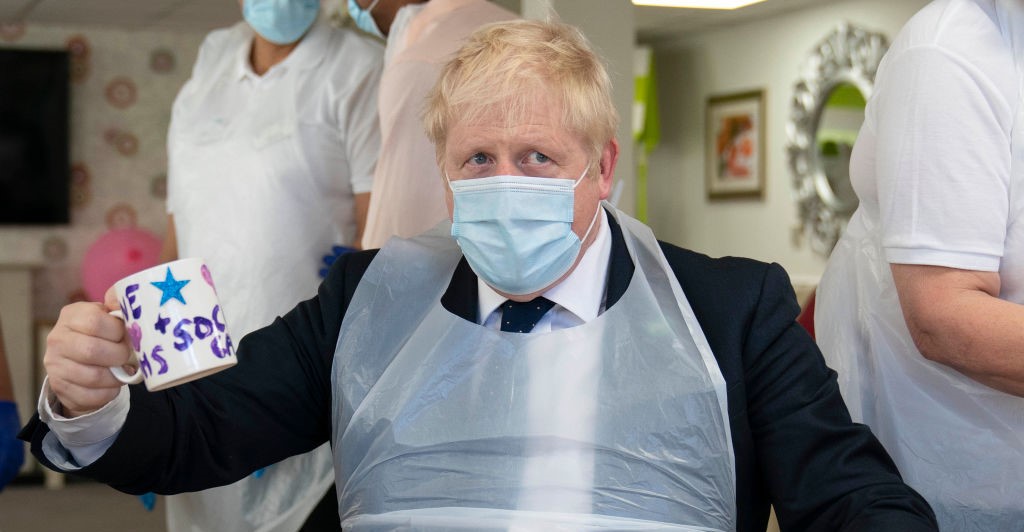Invest in HMRC call
Britain’s richest people seem to be getting preferential treatment from the taxman and are not being properly pursued for their outstanding tax bills, according to parliament’s spending watchdog.
A damning report from the public accounts committee concluded that HMRC’s failure to stop wealthy tax dodgers is damaging public confidence in the system.
The report scrutinised HMRC’s specialist unit for collecting tax from those worth more than £20m, finding that “the amount of tax paid by this very wealthy group of individuals has actually fallen by £1bn since the unit was set up” in 2009. During the same period tax receipts rose to £23bn overall.
Chair of the public accounts committee, Labour MP Meg Hillier, was scathing of HMRC’s claim that its strategy to tax the super-rich properly was successful.
“Cosy terms such as â€customer relationship manager’ and HMRC’s reluctance to be open add to the picture of arrangements that, while beyond the reach of ordinary taxpayers, are also ill-suited to the increasingly sophisticated methods the super-rich can use to reduce the tax they pay,” she said.
“If the public are to have faith in the tax system then it must be seen to have fairness at its heart. It also needs to work properly. In our view, HMRC is failing on both counts.”
In 2015-2016 there around 6,500 people worth more than £20m tax officials calculated – equating to one in every 5000 taxpayers. The specialist unit was set up in 2009 to ensure high net-worth individuals paid their fair share.
However the report cast doubt on the unit’s performance and questioned some of its practices.
“We were not convinced by (HMRC’s) assertion that there is a clear line between giving its view on potential transactions and giving tax advice and we do not think there is enough clarity about what customer relationship managers can and cannot do,” the report states.
Tax advice given to rich taxpayers by the unit’s officials is not recorded, the committee said.
The report says, “While calls from most taxpayers to HMRC call centres are recorded routinely, meetings and phone calls with high net-worth individuals are not recorded.”
Although HMRC said the targeting high net-worth people had increased tax revenues by £2.5bn, it could not explain why the income tax they paid fell by 20 percent from £4.5bn in 2009/10 to £3.5bn in 2014/15 – even as total tax revenues climbed to £23bn.
MPs said around a third of the individuals the specialist unit dealt with are likely to be under investigation by HMRC for outstanding tax debts. The cases currently being investigated have a potential value of ÂŁ1.9bn, the committee said.
Despite the huge amounts at stake, the report stated that HMRC had a “dismal record” for bringing criminal tax fraud charges against the super-rich.
During the five years to March 2016, HMRC only completed 72 investigations into very wealthy individuals, with just two facing criminal proceedings. Of the two criminal cases, only one resulted in a prosecution.
The committee said that the average penalty of ÂŁ10,500 that the super-rich who were dealt outside the criminal justice system faced was unlikely to be much of a deterrent.
The report concluded that the problem is likely to become even worse, as wealthy tax avoiders moved from relatively common avoidance schemes to bespoke “made-to-measure” scams.
A HMRC spokesperson denied the reports findings, saying “there is absolutely no special treatment for the wealthy and, in fact, we give them additional scrutiny.”
However, Unite assistant general secretary Steve Turner said that the claim of “additional scrutiny” was contradicted by the huge cuts imposed on HMRC by the government.
He said, “Tax dodgers know HMRC simply do not have the resources to investigate the vast majority of cases. Staff are unable to deal with the massive caseloads – leaving tax avoiders and those that aid them free to carry on as normal.
“If the government truly wanted to address the shocking levels of tax lost through opaque and shady schemes, they would invest in HRMC and implement reforms that would make it fit for purpose.”
 Like
Like Follow
Follow


